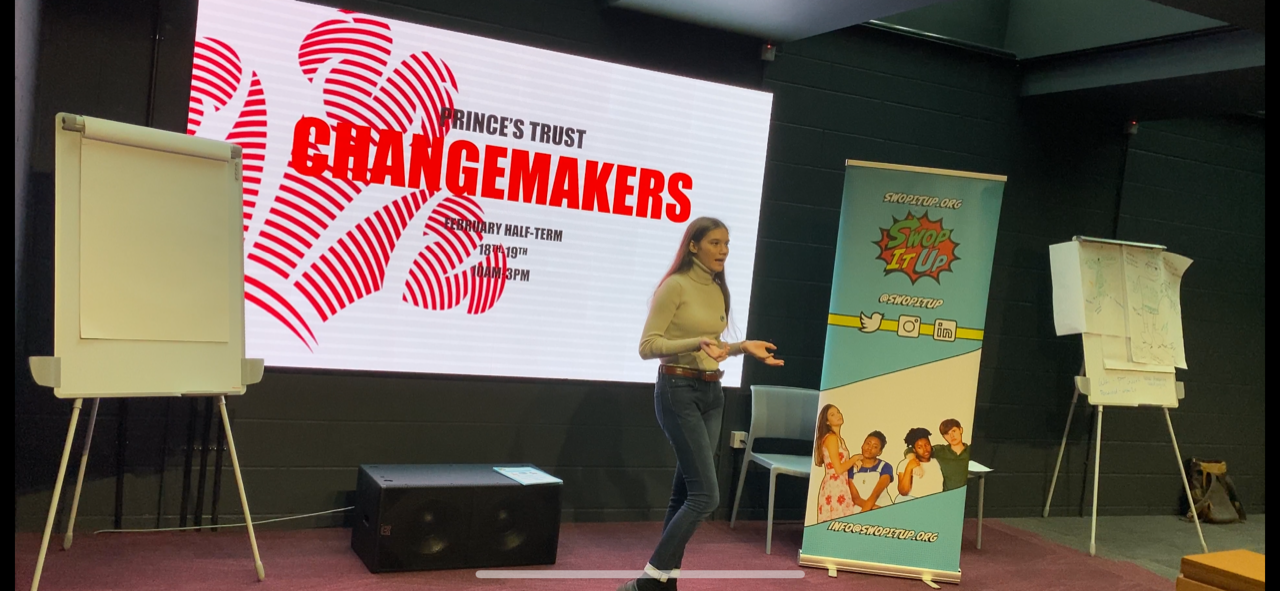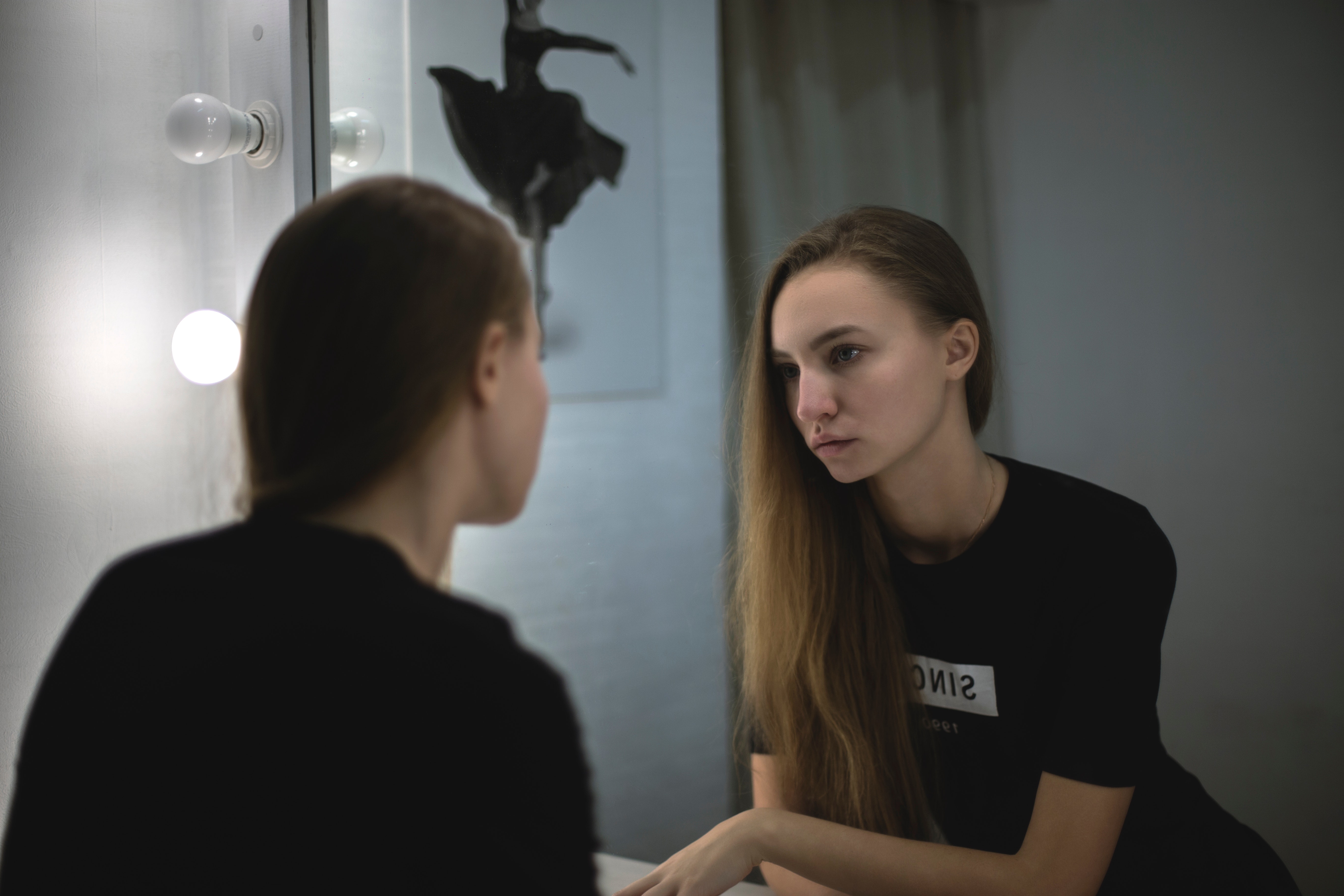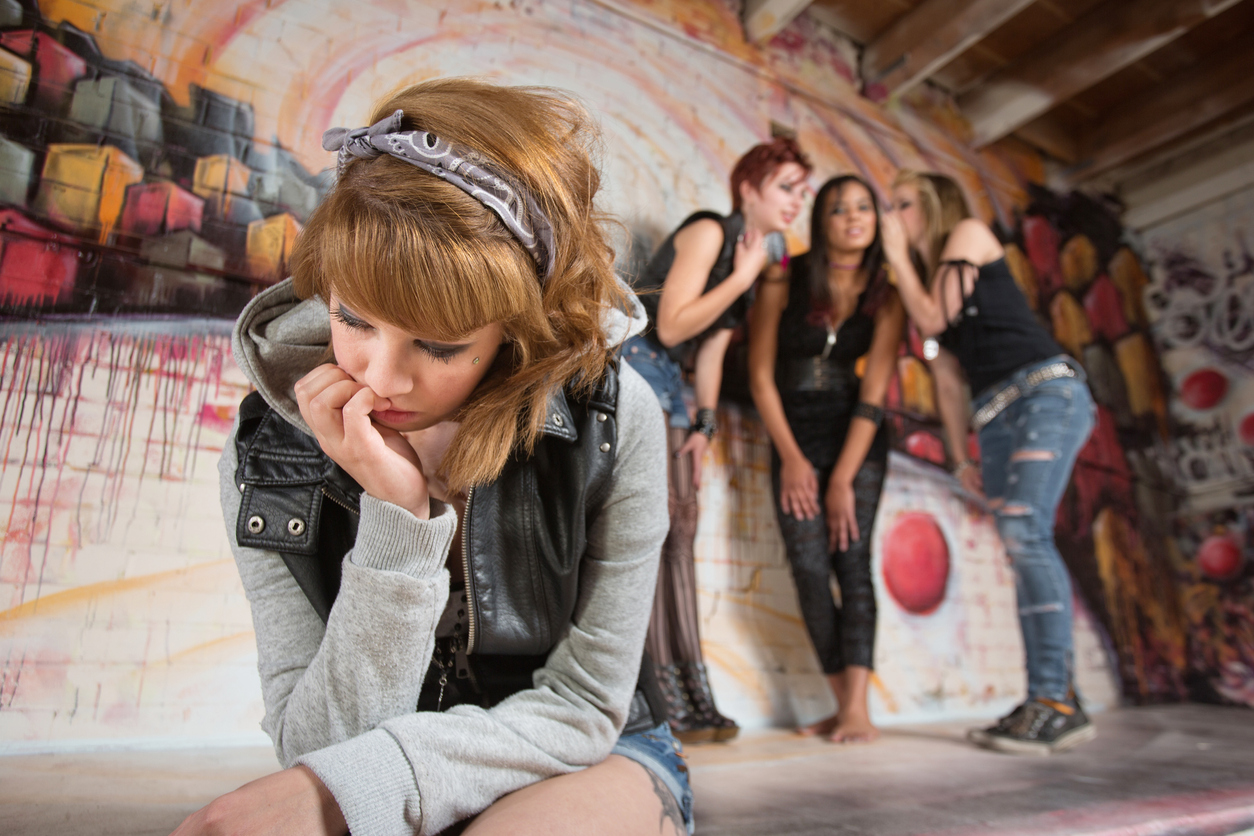I am delighted to have guest blogger Zaqiya Cajee, the founder of SwopItUp, the clothing swop initiative in schools that is sweeping the country and giving teens a wonderful mechanism to do something about climate change. Check out what she has to say about finding her voice to get the word out about SwopItUp. And learn how to find your own voice for whatever it is that you are passionate about.
While I had been feeling passionate about bringing positive change to the environment for some time, the first time I had the chance to speak out was in Feb 2019, and I’d just turned 16. I was at the Royal Geographic Society at an event on the impacts of Fast Fashion on the environment. In a lecture theatre room filled with attentive adults, the panellists had been discussing why fast fashion was bad, listing many of the problems (e.g. carbon emissions from production & water use from intensive farming practices), but not focusing on solutions, which really surprised me.
As I sat petrified, my heart practically beating out of my chest, I knew I had to push past the nervousness and let them know that I had a solution. I had to make everyone aware of SwopItUp, my clothing swop initiative in schools, that I believed had the potential to grow nationally or even internationally, keeping huge amounts of clothing in use for longer. This would be teens tackling one contributor to climate change at scale.
And then I raised my voice, told the room about SwopItUp, and asked the panel for their ideas on how to get more people to engage with it.
Amazing result! It was so worth it, the rush of adrenaline I felt having spoken up, and afterwards when I had people coming up to me congratulating me and networking with me. This was a massive reward. SwopItUp was gaining momentum.
Next up was an invitation to speak at a parents eco event at a local secondary school. This was only a small crowd, but I started to learn my presentation style, and understand how to make it feel comfortable for me. I spoke for much longer this time and had some slides to support me, and the questions and feedback that I got at the end boosted my confidence even more.
In August, it was time to step in front of the camera. I wanted the world to be able to hear my message directly from me, so I set about creating a 30-second video explaining SwopItUp, and highlighting our goals for the future. I uploaded it onto social media and was delighted with the response.
Importantly, it attracted the attention of the Head of Markettiers, a Broadcast PR agency in London, who offered to help me spread my story. They got me radio interviews on many stations, such as the BBC and Love Sport Radio among others.
Coming face to face with skilled journalists and in one instance, one that was a climate denialist, gave me opportunities to really make my case. I can’t say it was all smooth sailing but I was prepared to fight back, of course, in the most diplomatic way possible.
From this, I’ve gone from strength to strength including being on panels (like Sustainable Fashion Festival), contributing Blog features (including this one) and addressing groups at Universities.
Upon reflection, I have come to understand that finding your own voice can be broken down into four simple steps:
Step 1:
Determine what your passion is. It needs to be something close to your heart. What is it you want to speak about? Do some research on the topic to find similar people and events in your niche.
Step 2:
Gain support. This includes from friends and family but also find events in your niche, particularly ones where you can listen to other people present, but use the opportunity of question time to use your voice. This worked for me, though it took a little courage.
Alternatively, network with other people at the event afterwards. This is a great way to learn a thing or two from the speakers but to also start to gain a little confidence in a low risk environment.
Step 3:
Do a presentation to a small group on the subject that you are passionate about.
Step 4:
Consider how to get your message out to a wider audience whether through the use of social media or through the networks and contacts you have already made. Don’t be scared to involve adults to make things happen for you, they are great at opening doors.
I have no regrets about taking those first steps as it has helped me to find my voice and to gain momentum for an organisation that I truly believe in.
So now it’s up to you to start on step 1 and make things happen. I wish you the best of luck.
Follow my journey on Instagram @zaqiyacajee. Comment on my recent post and include #findingmyvoice so I can follow you on your journey in finding your own voice, Zaqiya x









